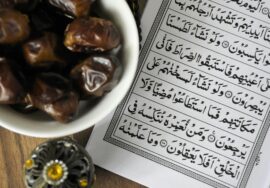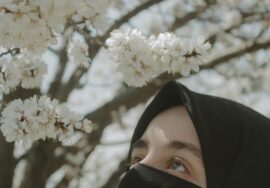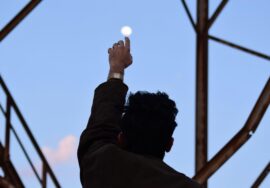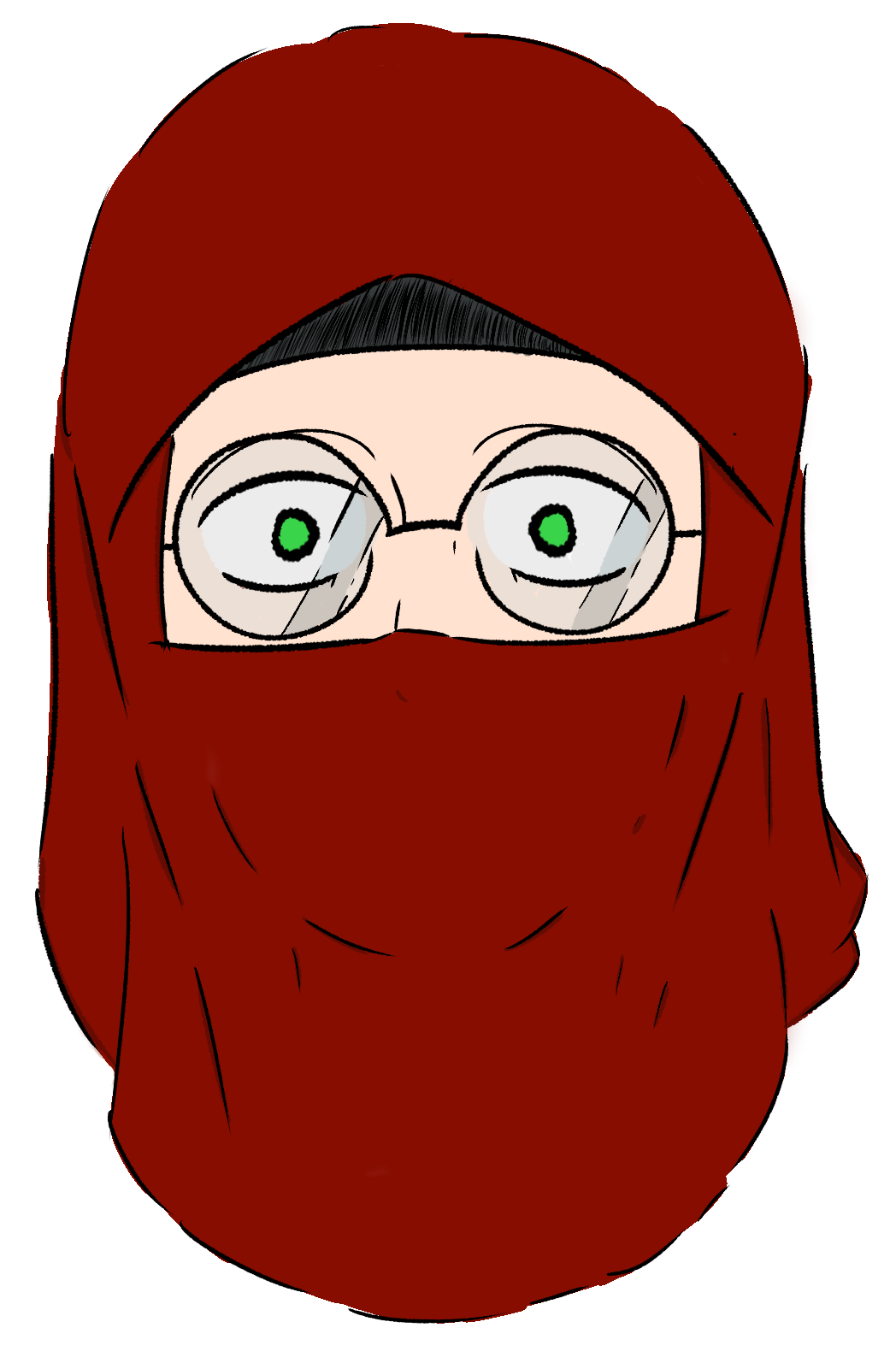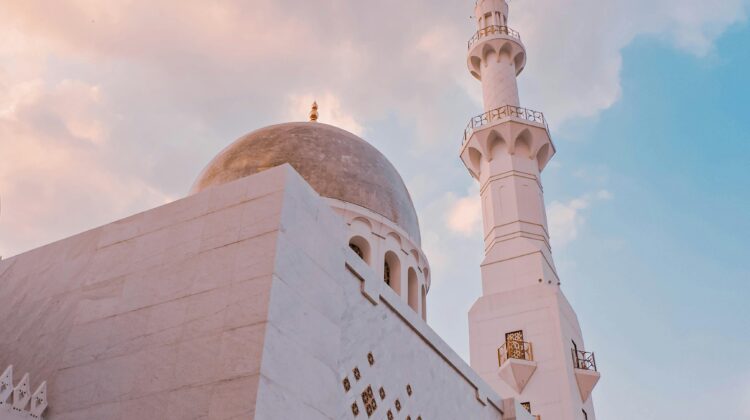
Hope as a minority
If you’re like me, you live in a Muslim minority community; for many of us, this is a constant source of strife. We often have to overhear our families playing media that calls us terrorists, oppressed, or uneducated. Or we struggle to get ahold of necessary items. The effect of this on New Muslims or those trying to find their place here is very apparent: it’s easy to lose hope or feel like they’re living in the end times, but Islam preaches hope in Allah’s Qadr (fate/pre-destination). Another consequence is the segregation of our Masjids; there are some Masjids for specific groups of people- either ethnic or certain language speakers. The khutbahs (Friday Sermons) aren’t translated into English- or the language the majority speaks- and it’s hard for newcomers to find an audience with leadership, making it harder for prospective Muslims to find their place. It’s understandable something like this would happen- I mean, many communities have faced harsh criticism or outright attacks- however, there’s a crucial point to keep in mind: the Prophet faced the same things during his life yet still kept his heart open for those of the polytheists to turn back to Allah.
To set the scene, let’s review the type of society the Prophet SAW lived in before Islam was revealed: idol worshipping was everywhere, leading to many exceedingly unjust practices, from burying infants alive for the crime of being female to abusing the slave population. Protection and respect were based on status- this time is called: “Jahiliyah” (Ignorance) because of how horrific it was. When Islam was sent down, it was primarily a call for monotheism to escape Hellfire, but within the commandments was a call for equity- a call to abandon those toxic ideas. So, how was this call for change taken? The answer is- rather unsurprisingly- poorly. Many members of the Prophet’s SAW tribe took the deen as a personal insult to their forefathers, not only refusing to hear it but also showing extreme violence to those who did. Do you know what was found within that arduous time? Several surprising conversations.
One of the most surprising for the companions at this time was Omar ibn Al-khattab’s conversion to Islam. Omar was one of the fiercest opponents of the Prophet (SAW), to the point where he was planning to assassinate him. While on his way to execute his plan, a companion saw him and, to divert his attention, outed Omar’s sister to him. He was so enraged that instead of committing that crime, he rushed straight to his sister’s home and forced his way in. When the companion’s claims were confirmed, Omar was so enraged that he punched his sister; upon realizing what he did, something changed in his heart: there was a sudden interest in reading the Qur’an and learning what it was actually teaching. After reading it, Omar’s heart was moved, and he accepted Islam that day.
Modern Implications
Many gems within this story apply to modern society. The first is that Al-haadi’s (The Guide) guidance can come at any moment. Your starting point isn’t relevant as there is no one above or below His help; this is precisely why we need to have faith that our conditions will change and that those around us might one day accept the deen. If the heart of one of the biggest enemies of Islam can be changed just from reading the Qur’an once, imagine what can happen to the members of your community if given the chance. If we look further into the early days of Islam, there’s an additional lesson for us to take: It is ok to struggle; however, Allah’s Rahma (mercy) is always near. To see this lesson in action, let’s take a look at Surah Baqarah ayah 286:
“Do you think you will be admitted into Paradise without being tested like those before you? They were afflicted with suffering and adversity and were so ˹violently˺ shaken that ˹even˺ the Messenger and the believers with him cried out, ‘When will Allah’s help come?’ Indeed, Allah’s help is ˹always˺ near.”
The companions were struggling and crying out for help, but Allah gave them peace and eventually allowed the Ummah to thrive. Ar-Rahman (The Merciful) gave them the reassurance they needed and kept their hearts open to their families if they changed their minds and turned to Allah. We need to keep this model in mind when dealing with our own hardships with non-Muslims: An-Nafi (The Bestower of Good) sees our struggle and will reward us for following the example of the early Muslims.
So, how can we show this to the broader community?
Once we can implement their examples in our lives, we can consider how to make our masjids more open to outsiders. There is a considerable amount of nuance involved when we contemplate solutions; not only are there very real issues contributing to the self-isolation of our communities, but there are also cultural differences that we need to be conscious of. The most accessible option is to volunteer ourselves, the right organization or masjid will provide numerous outreach opportunities that fill in the existing gaps in our community. Doing so also introduces a new perspective not considered before, and that alone can make considerable progress toward fixing this issue for your area. An-Nasr (The Helper) loves all of your efforts and wants to uplift them, so I urge you to reflect on your skills and look into areas to help.

